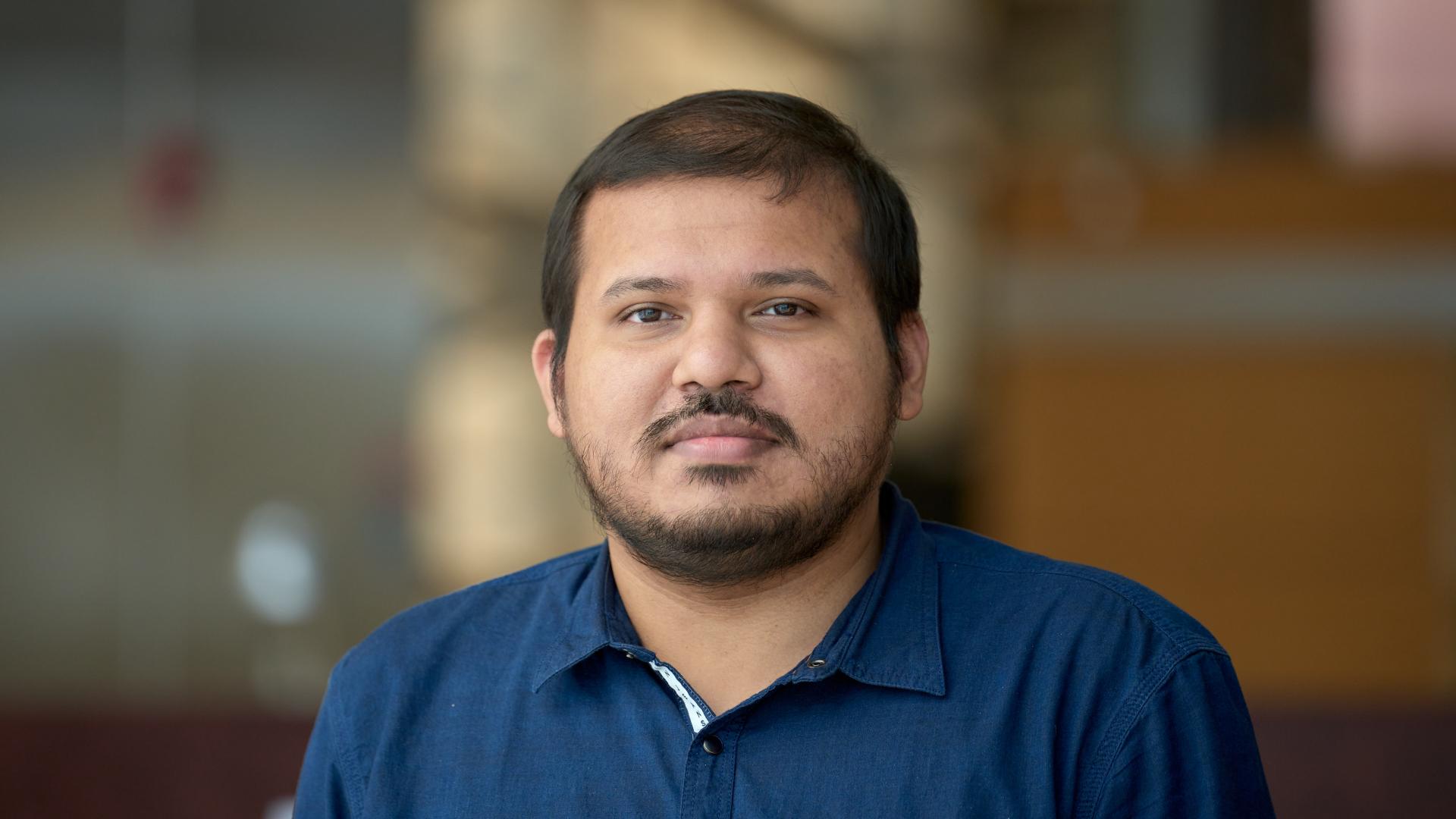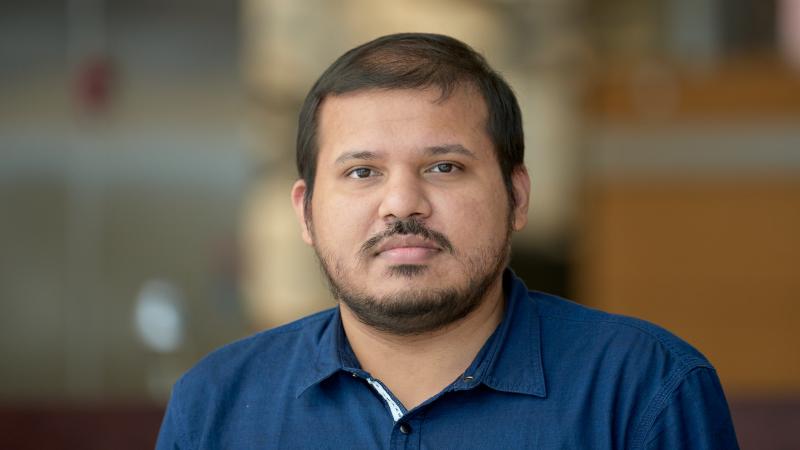My name is Saptarshi Ghosh, and my research interests are the application of distributed optimization methods, game theory, and the security and resilience of cyber-physical systems. My passion for cybersecurity was developed during my Master studies, where I had the chance to work on game-theoretic concepts related to mobile networks and different wireless access technologies. I was fascinated by this discipline which is an appropriate methodology to model the interactions between attackers and network operators and to determine the best countermeasure strategy against attacks.
After finishing my Master’s in cognitive radio networks (IIEST Shibpur, India), I joined the Department of Electrical engineering at (IIT Delhi, India) as a Ph.D. student under the supervision of Professor Manav Bhatnagar and Professor Bijaya K. Panigrahi, where my research activities were mainly related to the security of communication networks used for enabling smart grid with delay-sensitive traffic.
My main goal was to model various threats to the smart grid communication using game theoretical techniques, and their equilibrium solutions are derived. Security threats like eavesdropping, jamming, and false data injection have been addressed for time-critical communication scenarios where the delay is an important QoS parameter. Various optimization techniques and unsupervised learning were used to solve the game models. My research in this direction has produced several papers published in the best journals such as IEEE Transactions on Communication, IEEE Transactions on Information Forensics and Security, IEEE Transactions on Cognitive Communication & Networking, and top-tier conferences such as Globecom, ICC, and Smartgridcomm.
After graduation, I started my academic career as an Assistant professor in the Department of Electrical Engineering of GHRCE, Nagpur, India. But the rapid changes in the security of cyber-physical systems motivated me to continue my research work. Machine and Deep Learning have grown in prominence in recent years due to their success in solving a range of long-standing AI challenges. However, until now, their use in Cyber-Physical Systems (CPSs) and the Internet of Things (IoT) has been limited. Game Theory has been used to solve various technical challenges, particularly in the areas of distributed systems, control, and communications. Its computational scalability, critical for current CPS and IoT applications, is mostly unexplored. When applied to CPS and IoT, the synthesis of computational approaches from the machine and deep learning with game-theoretic methods for distributed decision-making provides a formidable combination. This motivated me to steer my research activities towards new analytical and design tools using machine learning and game theory to improve operational efficiency, harden security, and enhance the resiliency of CPSs operating in dynamically changing environments.
Outside my professional life, I like developing strategies for the stock market and investing in different asset classes.

